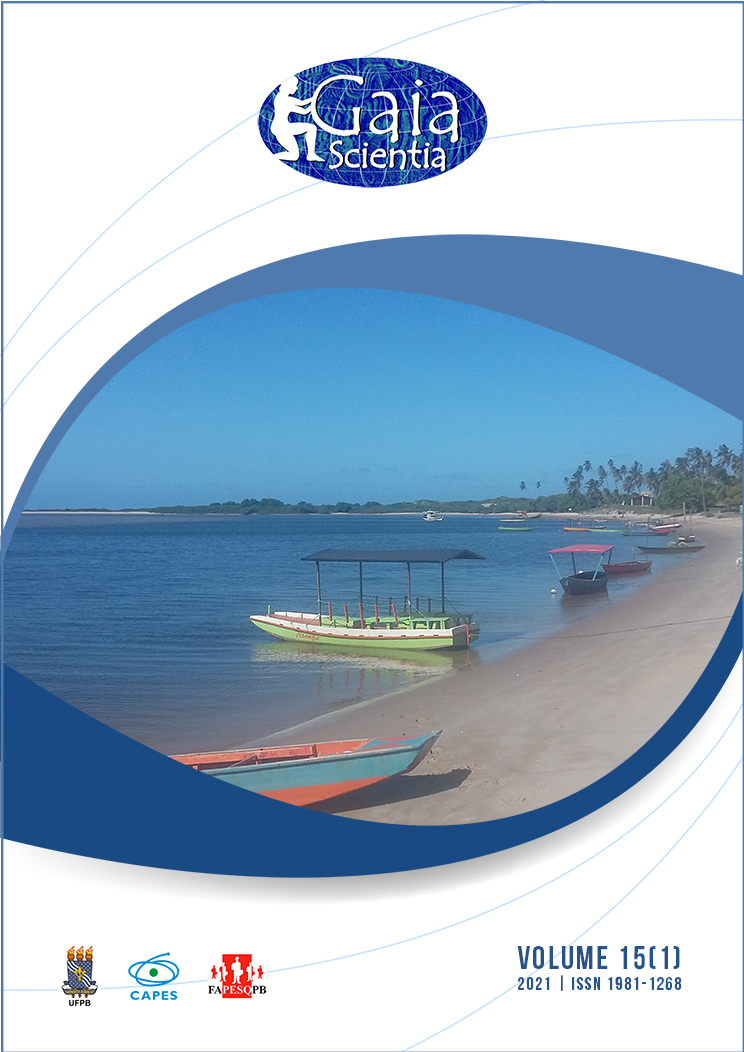Ethno-knowledge of beekeepers in a municipality in the semiarid potiguar, Northeastern Brazil
DOI:
https://doi.org/10.22478/ufpb.1981-1268.2021v15n1.57230Abstract
The study aimed to record beekeepers' ethno-knowledge in relation to forest resources and the impacts of climate change on the flora of the municipality of Marcelino Vieira, Rio Grande do Norte. The research actions took place from March to July/2018 and included the participation of 20 beekeepers selected through non-probabilistic sampling based on data from the Jefferson Fernandes de Medeiros Community Association. To obtain the data, participant observation, free lists, guided tour, field diary and application of a structured form were used. The use of plants was classified according to pre-established descriptors. Beekeepers were found to make use of 68 plant species grouped into five descriptors: food, timber, medicinal, fuel, and forage. Most species (54) have medicinal uses, with emphasis on Anacardium occidentale / Cajueiro (0.45) and Myracrodruon urundeuva/ Aroeira (0.4) that presented the highest use value (VU). 85% of beekeepers believe that higher temperatures and scarcity of rainfall are associated with the reduction of forest areas in the municipality. It´s concluded that beekeepers have important knowledge about the natural resources managed, and should be valued for the implementation of sustainability actions in the Caatinga in the Potiguar High-West.
Downloads
Downloads
Published
Versions
- 2021-08-12 (4)
- 2021-06-16 (3)
- 2021-05-03 (2)
- 2021-04-15 (1)










